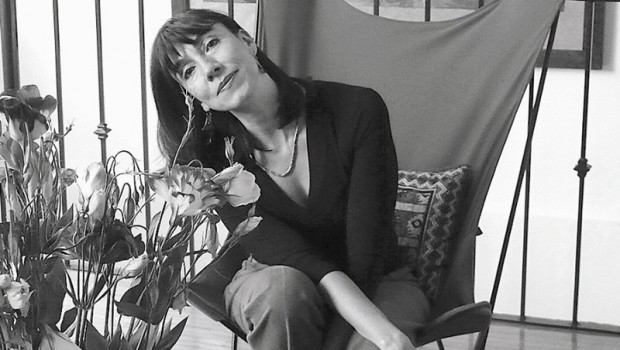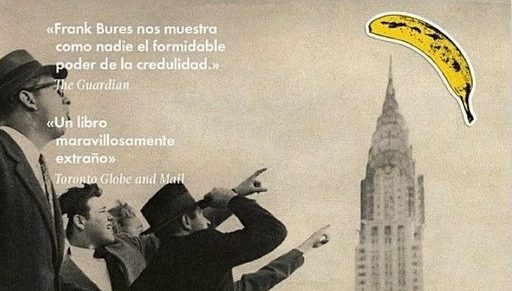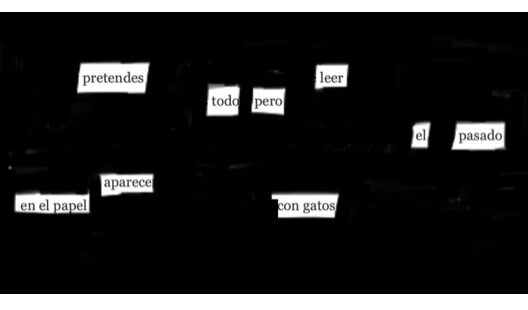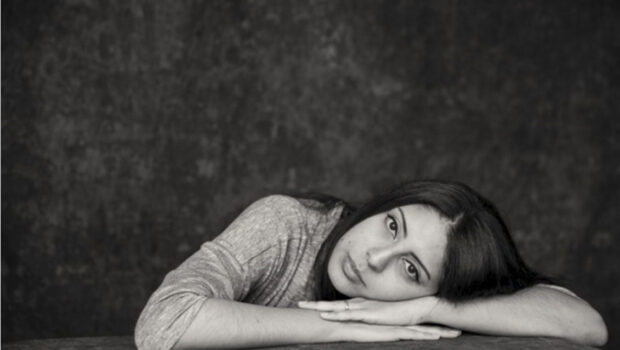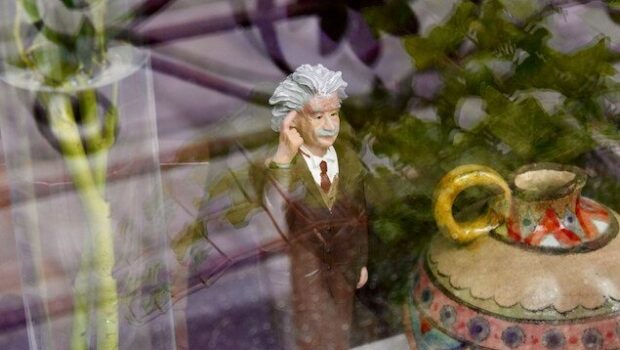From The Book of Explanations Instinct Enraptured by Pain
Tedi López Mills
English translation by Tanya Huntington
The body stretches out in bed. Eyes open to gaze at the curtain and the thread of daylight that crosses over to the white wall. Hands move the sheet aside. Legs search for the ground. The body sits up and finally stands; it stretches out again, adjusts its slippers, takes a few steps, enters the bathroom, urinates, checks its face in the mirror, combs its hair, rinses out its mouth, ties its robe, goes out into the semi-darkness of the living room, perceives the outline of the furniture, the motionless plants, and feels the first brush of sadness: a slight pain at the height of the solar plexus. The body has been familiar with this sensation for years, although it still does not know where it comes from or exactly what triggers it; only that it compensates her subconsciously, more or less, because it makes her strangely certain of her essential bond with the world, with the skeleton of the world itself. The pain seems compassionate toward others, toward life in its more inclusive dimension. It is never personal; the mind, upon suffering it, does not think of what concerns her individually or directly, it does not say: “I regret myself”; rather, it allows itself to be invaded by a series of almost prefabricated emotions that, in the long run, when experience ends, leave her convinced that she is profound and sensitive and perceptive and anything but vain, since she is exempted from vanity by sadness, the content of which does not vary much but is filled with different topics: the senselessness of life flowing into death, futility, the fleeting passage of time, uncertainty, the innocence of beings immersed in nature, injustice, lost causes. It all comes together, a bouquet of dried flowers that are scattered as soon as she touches them. It is like a species-wide pain; almost an instinct.
The first time it happened to me was when I was around sixteen, and in all likelihood the initial impact persuaded me that mine was a peculiar case indeed. I learned to pay attention to my feelings and the tedium that gradually differentiated them. I learned to objectively contemplate my moods as if they were going on outside of me, on a screen that was once a window, bearing traces of rain. I learned to use abstract words that were similar to thoughts, but were just vocabulary, really. I learned to read certain books as if they were sets of instructions or manuals for sadness. I learned to cultivate silence in my observation of others and empathy as a form of modesty although, deep down inside, I believed that others did not realize the seriousness “of how sad everything is.” Any outburst of tenderness would always lead me to the same conclusion: that of my own kindness and, of course, my own superiority, because while others would speak and act, I was carrying the entire weight of their existences. And they were absurd, and only I could understand this. Thus the acuteness, the lucidity of the pain.
Curiously enough, happiness lacks philosophical punch and one rarely stops to analyze it; moreover, it brings together, it externalizes, it communicates, it tends to rise to the surface whereas sadness isolates, interiorizes, silences, and sinks. One believes one knows oneself better when suffering than when happy, and weltschmerz makes one feel more intelligent, more sensitive, especially when the pain is raw matter, pure emotion with no perspective. Then one turns the tables, despising empathy for being sugarcoated, gradually acquiring an irony, a sarcasm of sorts, the construction of an atmosphere, of a scenario. Here is where sadness becomes a professional pursuit; by perfecting its language, it creates entrance and exit routes, gestures, expressions and a self-ridicule that includes its own mechanisms of distancing and laughter. In brief, a literature is created for which there is no lack of support.
I owned numerous books that, among other things, taught me how to suffer within an aesthetic structure, not once losing my style. Many of these became my scripts and, through several stages, I lived in accordance with the laws of their characters rather than the rudiments of my own person, which always seemed to me a flat copy of what went on between the pages. To document the pain, two books and half of a third were fundamental, not out of personal preference, but perhaps because it turned out to be easier to apply a concise realism to them and adapt them to my daily routine. To read them was to read myself later on, as I paced around my bedroom or kept an eye on the adults in order to catch them at their many careless moments and tell myself: “Of course, they don’t understand, poor things, they believe that this is life…” While inside my head, an imaginary city was outlined where I saw myself from the back, walking towards the outer boundary –the sea, or a river, no doubt. And I was older; that is to say, I had already tired of traveling about the Earth and become a recluse, smoking in my dingy little room in the afternoons, contemplating the low skies and feeling once again the insignificance, but with a wry smile, with an aftertaste of more or less ineffable wisdom, because if someone had asked me at that moment what I knew, it would have been hard for me to explain. A sort of nuisance, perhaps, whose deadly advice–nothing is worthwhile–I never managed to thoroughly absorb: the happy animal I carried within would pressure me, suggesting that I give it yet another chance. And then, I would go off book.
Posted: July 10, 2013 at 3:22 am


